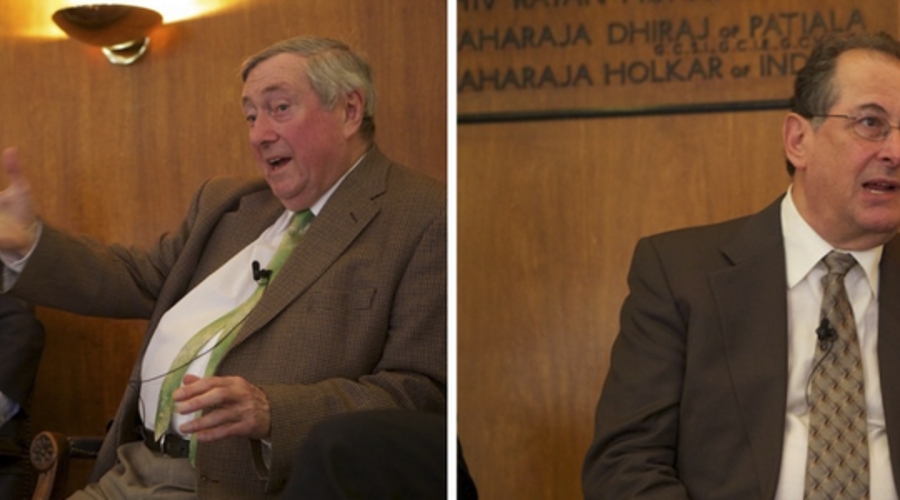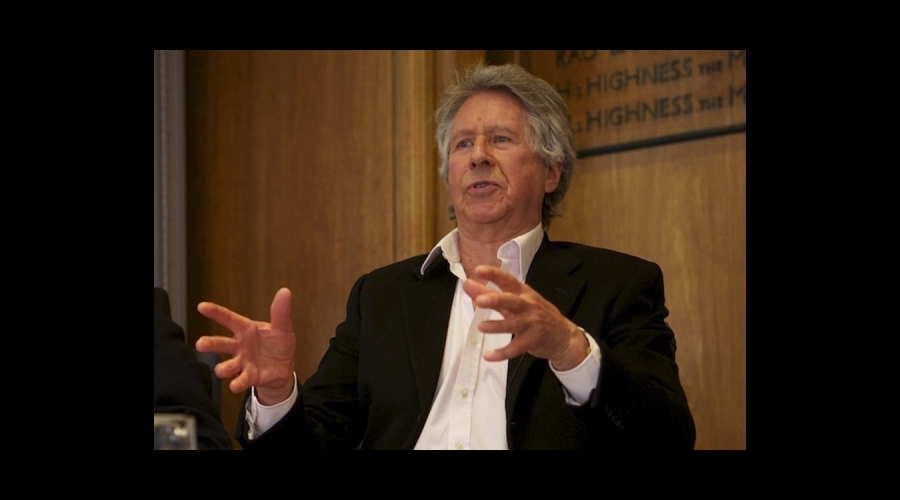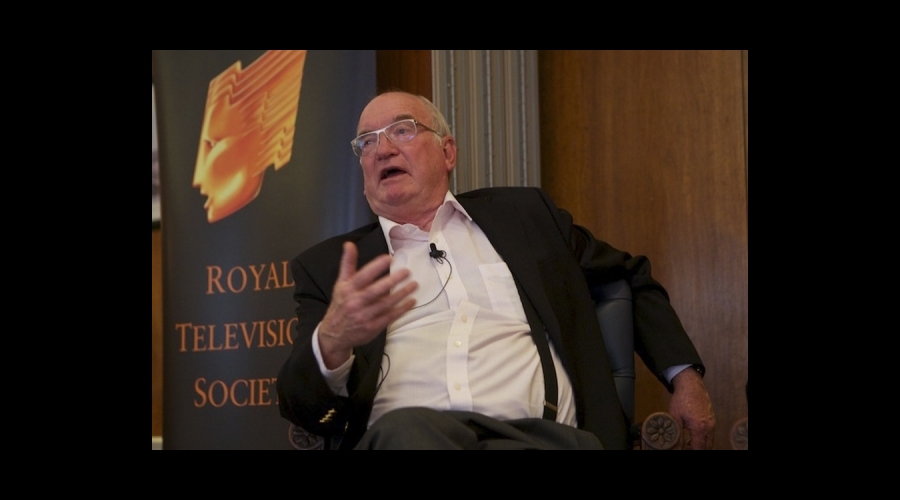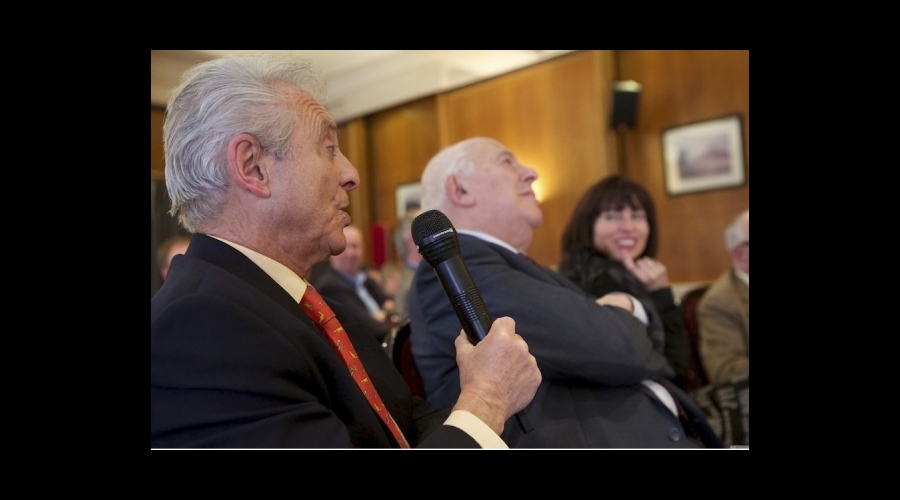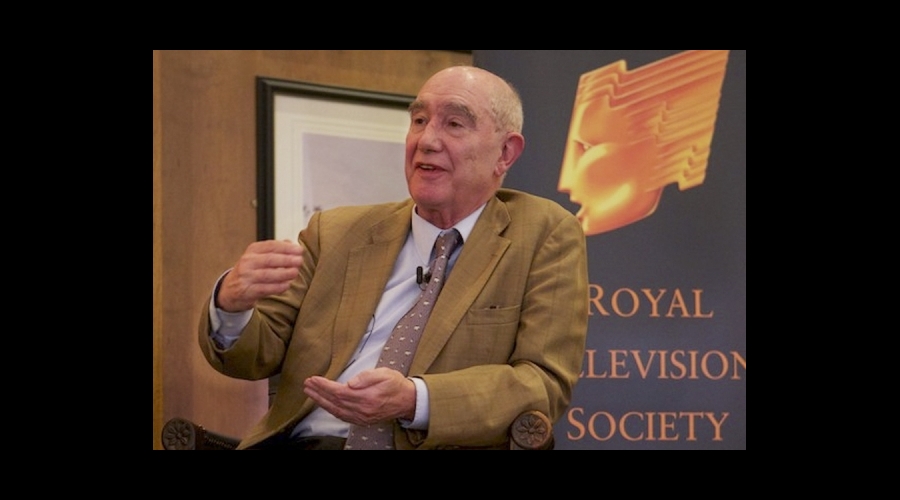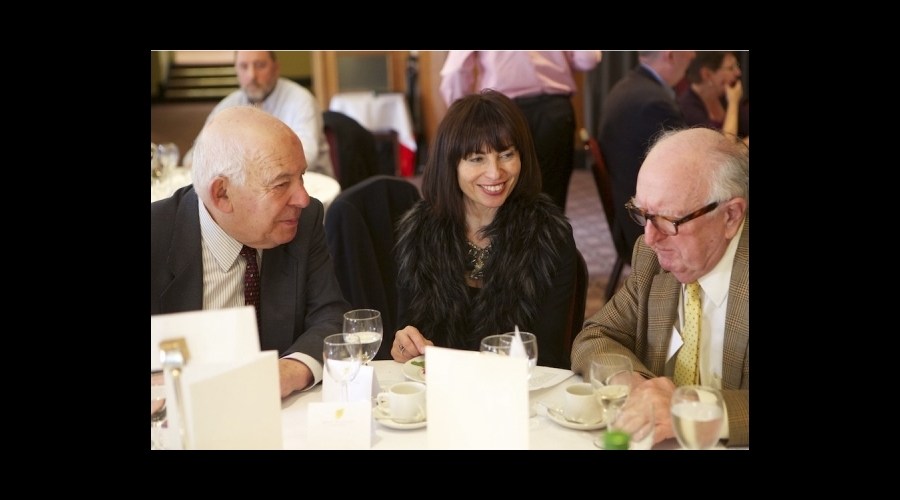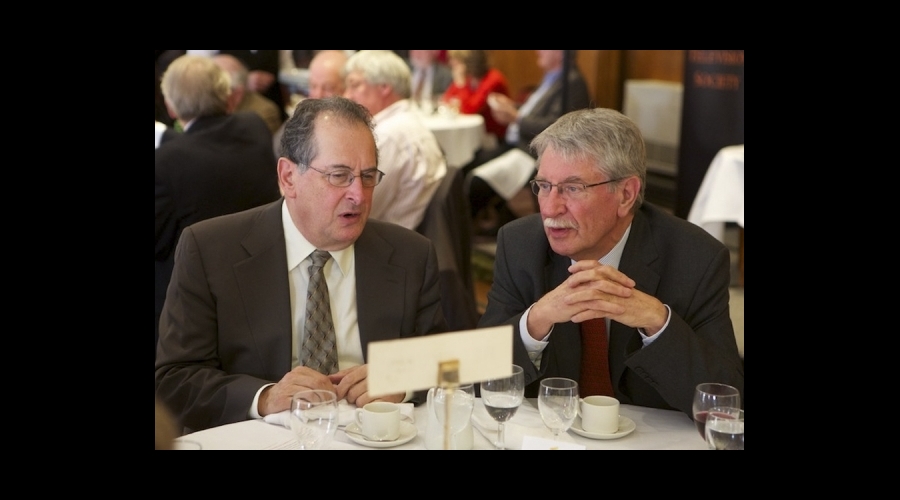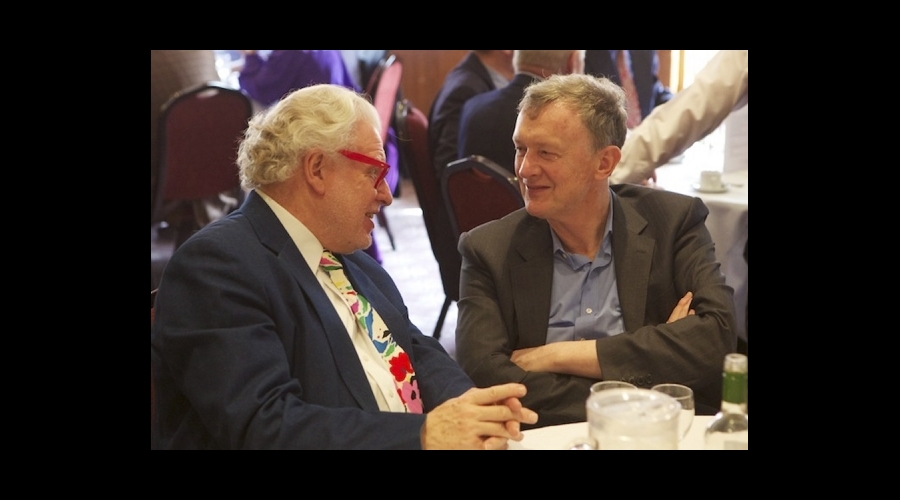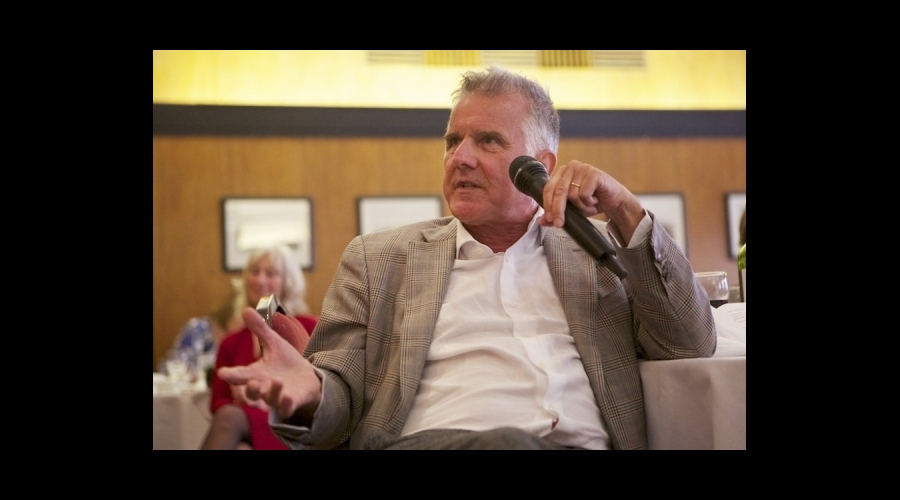Margaret Thatcher supported the idea of adding a so-called “quality threshold” to the auction for ITV bids in the highly contentious 1991 franchise round.
This revelation emerged at an RTS Legends lunch on 22 April in which the then-chair of the Independent Television Commission, Sir George Russell, said that the Prime Minister had told him of her support for the “quality threshold.”
He said: “Mrs Thatcher backed the quality threshold. She told me around the table with the rest of the Cabinet.”
Russell’s comments are significant because it had always been assumed that it was Thatcher’s arts minister, David Mellor, who had persuaded the Government against the Prime Minister's wishes to tone down its plans for an auction by adding a quality hurdle.
The former ITC chief was one of five panellists taking part in “What shall we bid?”, a lunchtime discussion that revisited the triumphs and traumas of a process that, arguably, changed ITV forever.
The Thatcher Government devised the deeply controversial blind-bid auction as a way of opening up UK broadcasting to competition.
Another apparent myths laid to rest by the debate was that Thames lost its licence because of Death on the Rock, the programme about the shooting of IRA members in Gibraltar that infuriated Thatcher.
Sir George said the topic had never been discussed. But he said that the row over the programme had politically damaged the chair of the Independent Broadcasting Authority, George Thomson aka Lord Thomson of Monifieth, who died in 2008.
All of the panellists agreed the bidding process had been a “surreal” experience.
One of the biggest upsets was the highly regarded London ITV company, Thames Television, being outbid by Carlton.
David Elstein, at the time Thames’s director of programmes, said that his company was unprepared for the bid and effectively deserved to lose, despite having an enviable track record in quality shows.
“We were much more the authors of our own demise than any external agency,” recalled Elstein.
He outlined poor and inefficient business practices at the ITV station, with the studios division losing £35m a year.
Elstein added that he subsequently learnt more about the business of broadcasting at Sky in four years than he did during a 25-year career at ITV.
Lesile Hill, a successful bidder at Central Television, described the auction as “a complete and utter economic nonsense”.
Talking in some detail about the “quality threshold”, Russell suggested that the “quality of money” was perhaps as important as that of the programme proposals.
Those attending the lunch heard how, in preparing its bid, Carlton had used copies of the TV Times to help devise its franchise-winning schedule.
Carlton’s reputation for broadcasting high-quality shows was, to put it mildly, not high.
Sir George was asked if he could name one memorable Carlton programme.
For once, the former ITC chief was lost for words and admitted that he could not think of a single show.
A full report of “What shall we bid?” will be published in the May edition of Television.
Report by Steve Clarke
Pictures by Paul Hampartsoumian

